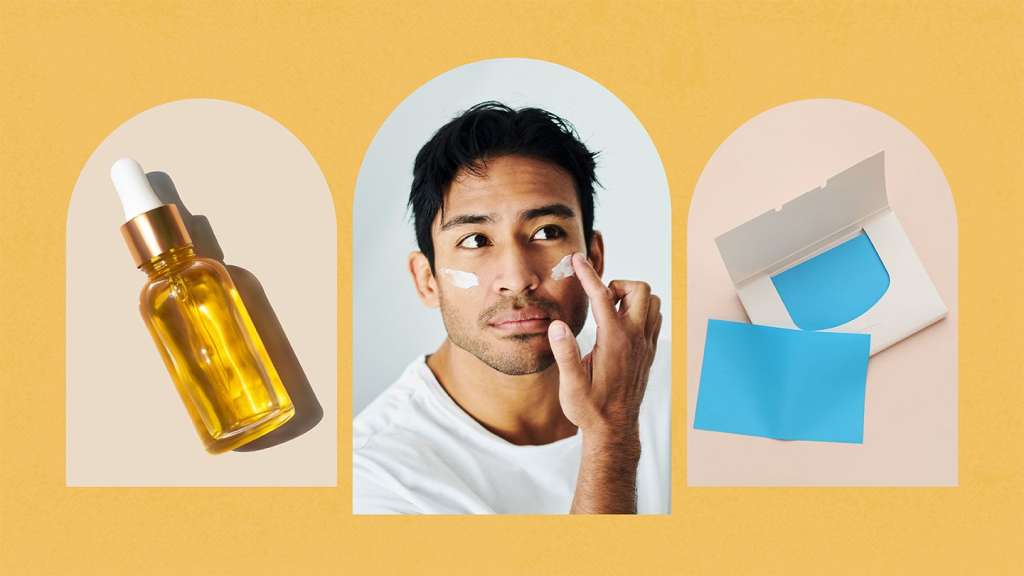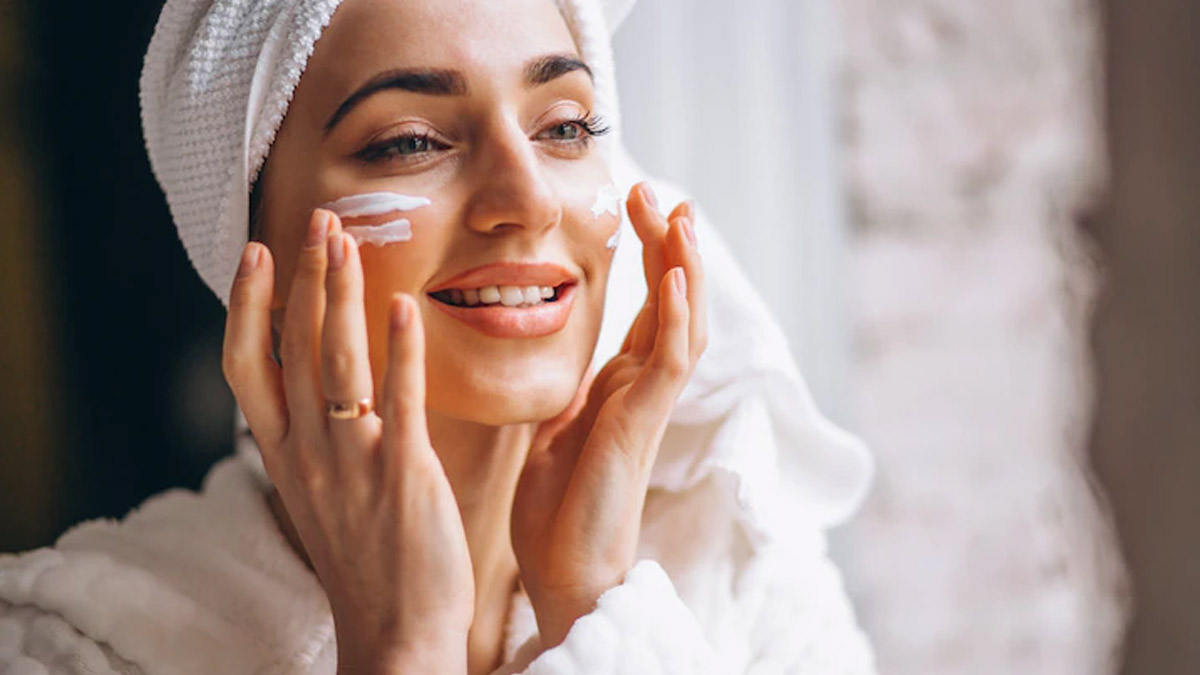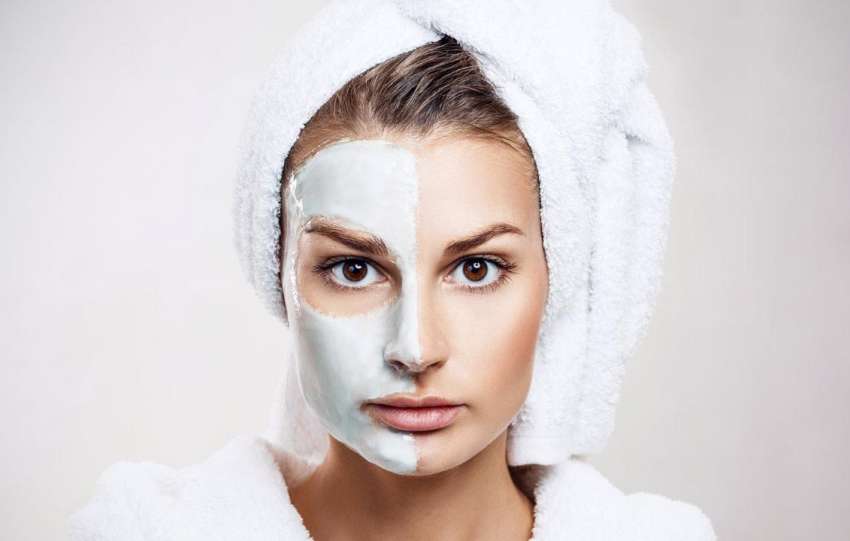Let us explore the impact of skincare products. The quest for radiant and flawless skin has led many individuals to navigate the vast landscape of skincare products. As people seek to be comfortable in their own skin, a growing phenomenon, particularly among the younger generation, sheds light on the transformative power of injectables like Botox. However, the question arises: Can skincare products genuinely do more good than harm?
Self-acceptance:
Embracing individuality and promoting self-acceptance has become a prevailing theme in the discourse surrounding skincare. In the pursuit of achieving healthy and glowing skin, people often turn to a myriad of products promising miraculous results. From cleansers and moisturizers to serums and masks, the beauty industry presents an array of options catering to diverse skin needs. But amid this plethora of choices, a crucial inquiry emerges—do these skincare products yield more positive outcomes than adverse effects?

The rise of injectables:
The rise of injectables, particularly among the younger demographic, introduces a new dimension to the conversation. Generation Z, known for its tech-savvy nature and social media influence, has been at the forefront of embracing innovative skincare solutions. Social platforms serve as a catalyst, providing a platform for individuals to share their experiences and discoveries. Botox, a neurotoxin initially popular for its ability to smooth fine lines, has captured the attention of Gen Z for its potential as a more effective and cost-efficient alternative to traditional anti-aging products.
Botox :
The allure of injectables like Botox lies in their promise of immediate results. Unlike topical creams and serums that may require weeks or months to manifest noticeable changes, injectables offer a swift transformation. This appeal is evident in the narrative of individuals like Heberle, who first encountered Botox through social media. The immediacy of its impact resonated with him, prompting a reevaluation of conventional skincare practices.
Generation Z:
Interestingly, the younger generation has coined a new term for Botox—baby Botox. This playful nomenclature reflects not only the age group embracing it but also a shift in perception. No longer reserved for mature individuals seeking to combat deep-set wrinkles, Botox has become a tool for the younger demographic to enhance their features and maintain a youthful appearance. The terminology itself encapsulates the idea of using these injectables as a preventive measure rather than a corrective one.
Long-term effects:
However, amid the growing popularity of injectables, concerns linger about their long-term effects and potential drawbacks. While the immediate results are enticing, the impact on skin health and natural aging processes raises valid questions. Some argue that reliance on injectables may hinder the skin’s ability to age gracefully and compromise its innate resilience. Balancing the desire for instant beauty enhancements with the preservation of long-term skin health becomes a pivotal consideration in this evolving landscape.
Unrealistic beauty standards:
The narrative surrounding skincare products, including injectables, is multifaceted. On one hand, these products offer a tangible solution to aesthetic concerns, providing individuals with the means to feel more confident in their appearance. On the other hand, the societal pressure to conform to unrealistic beauty standards, perpetuated by social media and popular culture, can contribute to an unhealthy reliance on such products. The impact of skincare products depends on how they are integrated into an individual’s routine.

Promoting a balanced approach to skincare:
In the pursuit of answering whether skincare products can do more good than harm, it is crucial to adopt a holistic perspective. Understanding the individual’s motivations, considering the long-term implications, and promoting a balanced approach to skincare are essential components of this discourse. Striking a harmonious balance between embracing one’s unique features and utilizing skincare products judiciously is key to fostering a healthy relationship with beauty and self-care.
As the skincare industry continues to innovate, individuals are presented with an ever-expanding array of choices. From traditional creams to cutting-edge injectables, the landscape of skincare is dynamic and diverse. Empowering individuals to make informed decisions, free from societal pressures and driven by a genuine desire for self-improvement, is paramount in navigating the intricate world of skincare. Ultimately, the impact of skincare products depends on how they are integrated into an individual’s routine, emphasizing the need for mindful and informed choices in the pursuit of healthy and radiant skin.






